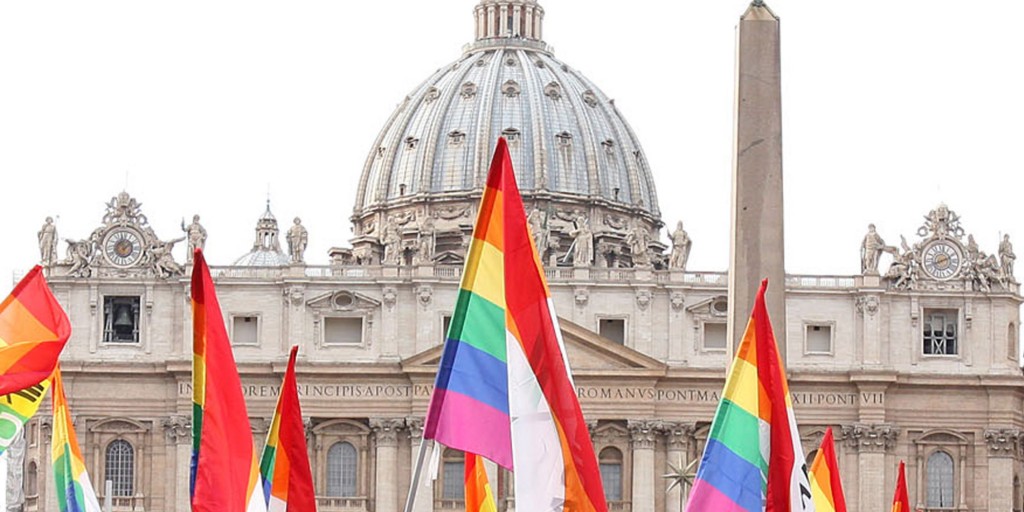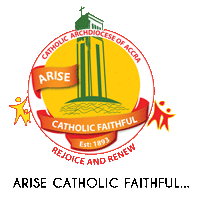
WHY YOU CANNOT REMAIN AN EMPLOYEE OF THE CATHOLIC CHURCH IF YOU ENTER INTO GAY MARRIAGE / RELATIONSHIP
Addressing news about a church cantor (chorister) who was terminated after entering into a gay marriage, Washington’s Cardinal Wuerl posted this on his blog:
Recently you may have heard stories in the news about how the employment of a person in public ministry at a local parish was no longer possible when he indicated that he would continue to openly live in contradiction to what the Church proclaims as true, specifically a civil “same-sex marriage.” Since mercy is at the heart of our Catholic faith, this outcome is unfortunate and I would like here to discuss the principles involved in this and other similar situations.
First, any person who struggles in trying to live according to the revealed truth of Catholic teaching should know the Church recognizes his or her dignity as created by God and that the person need not face life’s challenges apart from the grace of the Lord and his Church, which seeks only the highest good for everyone.
The Church recognizes that we all need to grow in faith and in closeness to the Lord. Simply acting contrary to Church teaching on occasion would not preclude serving as a ministerial employee or volunteer. For us to acknowledge that we are sinners, as we do, is to admit that occasionally we too have at times not lived up to the truth. On those occasions, we are expected to acknowledge our failings and seek to amend our lives in Christ.
However, if one persists or effectively insists that they are right and the Church is wrong, in the face of such irreconcilable differences it is not discrimination or punishment to say that continued ministerial service is not possible. It is not a question of personal private activity, but the social consequences of conduct which undermines the Church’s ability to fulfill her mission. When there is the potential for scandal that might lead people astray regarding the Catholic faith, continued service becomes untenable.
The purpose of our parishes, schools, ministries and other Catholic entities – “and the task of those who work for them – is to lead people to Jesus,” as I wrote last spring in my pastoral letter Being Catholic Today: Catholic Identity in an Age of Challenge (13). That purpose and task is challenged by a secular culture that is in contradiction to traditional concepts of marriage, family, the common good and objective right and wrong.
“Those who agree to assist the Church in her mission and ministries represent the public face of the Church,” and thus they have a special responsibility to “respect our Catholic identity and avoid behavior that contradicts the very mission of the Catholic institution” (14). The Catholic faithful, and the other people that our ministries serve, have a right to the Gospel and to receive authentic Church teaching (Redemptoris Missio, 44; Evangelii Gaudium, 14).
Conversely, people are denied that right, and our mission and Catholic identity can be compromised “either through explicit dissent, miscatechesis or personal conduct that tends to draw people away from the communion of the Church” (Being Catholic Today, 22). “When people are faithful and give good witness, they lead people to Christ. But when we give bad witness, we can lead people away from Christ” (16).

